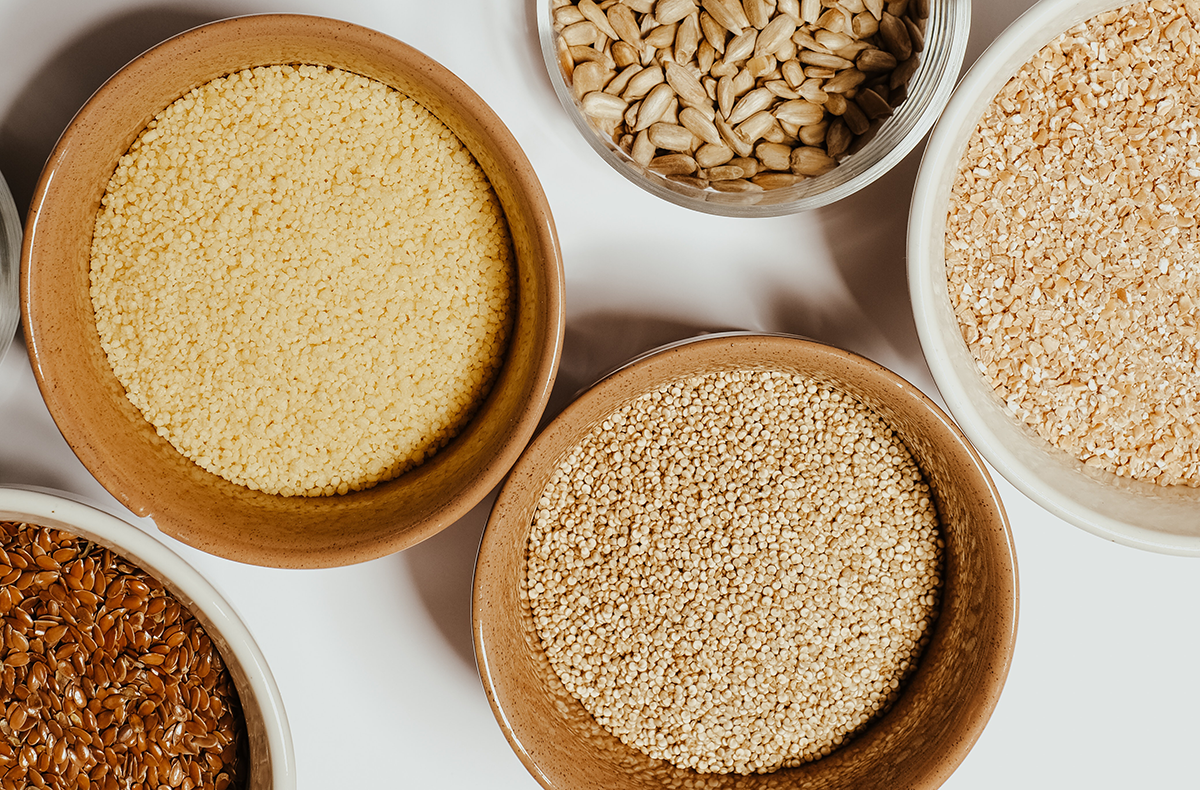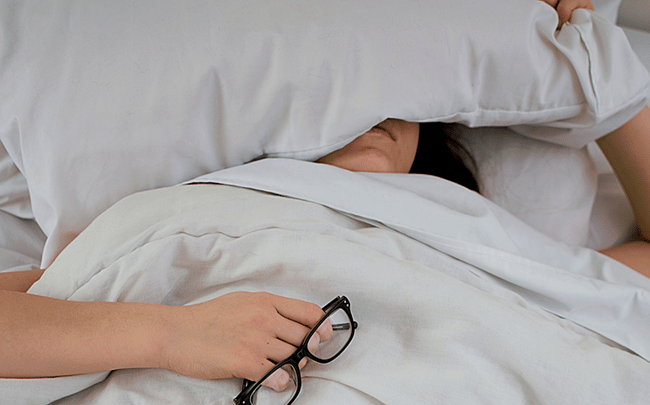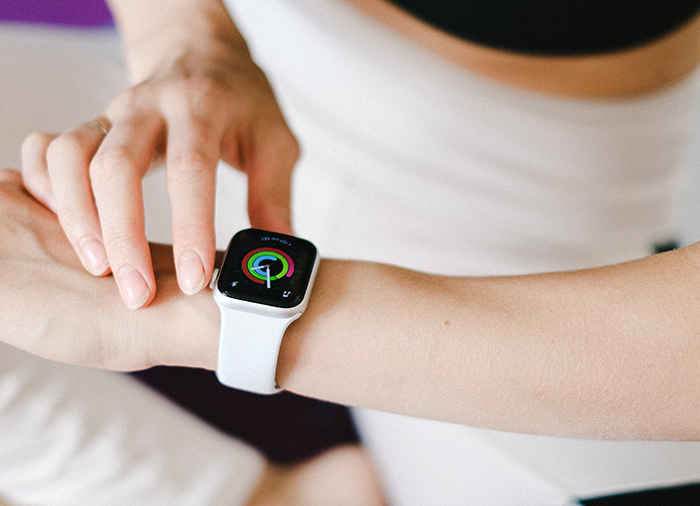Diabetes is a condition in which the body is unable to produce insulin properly. This causes excess levels of glucose in the blood. The most common types are type 1 and type 2 diabetes.
Maintaining your blood sugars in a safe range may minimize the symptoms you experience. Short-term symptoms of high blood sugar can include frequent thirst or hunger, as well as frequent urination. Similarly, it isn’t uncommon for these symptoms to have an impact on the way you sleep. Here’s what the research has to say.
Why does diabetes affect sleep patterns?
In a 2012 study, researchers examined how diabetes affects sleep and contributes to sleep disturbance. Sleep disturbance includes difficulty falling asleep or staying asleep, or sleeping too much. The study found a clear relationship between sleep disturbance and diabetes. The researchers said that sleep deprivation is a significant risk factor for diabetes, which can sometimes be controlled. Having diabetes doesn’t necessarily mean that your sleep will be impacted. It’s more a matter of what symptoms of diabetes you experience and how you manage them.
Specific symptoms are more likely to cause issues when you’re trying to rest:
- High blood sugar levels can cause frequent urination. If your blood sugar is high at night, you could get up frequently to use the bathroom.
- When your body has extra glucose, it draws water from your tissues. This can make you feel dehydrated, prompting you to get up for regular glasses of water.
- The symptoms of low blood sugar, such as shakiness, dizziness, and sweating, can affect your sleep.
Sleep disorders connected to diabetes
Tossing and turning all night is common in people with diabetes. Although this may result from common diabetes symptoms, a separate medical condition may be at the root. A few sleep disorders and other disorders that affect sleep are more common in people with diabetes.
Sleep apnea
Sleep apnea is the most common sleep disorder in people with diabetes. Sleep apnea occurs when your breathing repeatedly stops and starts throughout the night. In a 2009 study, researchers found that 86 percent of participants had sleep apnea in addition to diabetes. Of this group, 55 percent had it severe enough to need treatment.
Sleep apnea is more commonly found in people with type 2 diabetes. This is because people in this group often carry excess weight, which can constrict their air passages. Common symptoms include feeling tired during the day and snoring at night. You’re more at risk for sleep apnea if it runs in the family or if you’re obese. Maintaining a moderate weight for your body type may help relieve your symptoms. You can also wear a special mask (CPAP) during sleep to increase air pressure to your throat and allow you to breathe easier.
Restless leg syndrome (RLS)
Restless leg syndrome (RLS) is characterized by a constant urge to move your legs. It’s most common in the evening hours, making it harder to fall or stay asleep. RLS may occur due to an iron deficiency.
Risk factors for RLS include:
- high blood glucose levels
- kidney problems
- thyroid disorders
If you think you have RLS, make an appointment with your doctor to review your symptoms. This is especially important if you have a history of anemia. Tobacco can also trigger RLS. If you’re a smoker, consider joining a smoking cessation program to work on quitting. Not to mention, you will have to quit smoking before weight loss surgery.
Insomnia
Insomnia is characterized by recurrent trouble falling and staying asleep. You’re more at risk for insomnia if you have high stress levels along with high glucose levels. Look into the reason why you can’t fall asleep, such as working in a high-stress job or experiencing challenging family issues. Seeking treatment with a medical professional may help you determine what’s triggering the problem.
How a lack of sleep can affect your diabetes
Experts associate a lack of sleep with an altered hormone balance that can affect food intake and weight. If you have diabetes, you face a challenging circle. It’s common to compensate for lack of sleep by eating an excessive amount of food to gain energy through calories. This can cause your blood sugar levels to rise and make it harder to achieve a decent amount of sleep. Then, you may find yourself in this same sleepless situation. A lack of sleep also increases your risk of obesity. Being obese can increase your risk of developing type 2 diabetes.
Tips for improving your quality of sleep
Follow these tips to get a better night’s rest.
1. Avoid electronic devices before turning in
Avoid using your cell phone or e-reader at night because the glow can wake you up. Switch to old-fashioned books to read before you sleep to quiet your mind and lessen the strain on your eyes.
2. Ditch alcohol before bedtime
Even if you feel like a glass of wine calms your body and makes you sleep, you likely won’t stay asleep for a full 8 hours after drinking around bedtime.
3. Remove distractions
If you receive text messages throughout the night, turn off your phone. Consider buying an alarm clock instead of using your cell phone’s alarm app. This may empower you to turn your phone off because you won’t need it for any reason throughout the night.
4. Create white noise
Although it might seem like a pleasant way to wake up, hearing the sound of birds chirping in the early morning can disrupt your sleeping patterns. The sounds of garbage collectors, street sweepers, and people leaving for early-morning jobs can also disrupt your sleep. If you’re a light sleeper, turning on a ceiling, desk, or central air fan can help remove these distracting noises.
5. Stay regimented in your sleeping patterns
Go to bed at the same time every night, and wake up at the same time each morning, including weekends. Your body will naturally start to get tired and automatically wake itself up.
6. Stay away from stimulants at night
Avoid drinking caffeinated beverages, exercising, and even doing simple work around the house at night. The only type of evening workout you should consider is a slow-paced yoga session that can prepare your body for sleep. Otherwise, you’ll speed up your blood flow, and it’ll take a while for your body to calm down.
7. Create an environment suited for sleep
A comfortable environment can go a long way in getting a good night’s sleep. If possible, consider investing in a new mattress. This can really improve your sleep, especially if it’s been a while since your last new mattress. Making sure your bedroom is at a comfortable temperature can also help you get a better night’s sleep. Cooler temperatures tend to be the best for good rest, so consider opening a window or using a fan while you sleep.
The takeaway
See your doctor if you have persistent sleep problems or if you believe your diabetes affects sleep patterns. If you don’t get treatment for continuously disrupted sleep, it can become difficult to conduct any daily activities.
In the short term, consider one or more lifestyle changes to improve the quality of your sleep. Even if you only make one small change, it has the potential to make a big difference. It typically takes about three weeks to start to form a habit, so it’s essential to keep at it every day.
This article was originally written by Jennifer Purdie on Healthline, and was Medically Reviewed by Lisa Hodgson, RDN, CDN, CDCES, FADCES — Updated on August 3, 2021




























